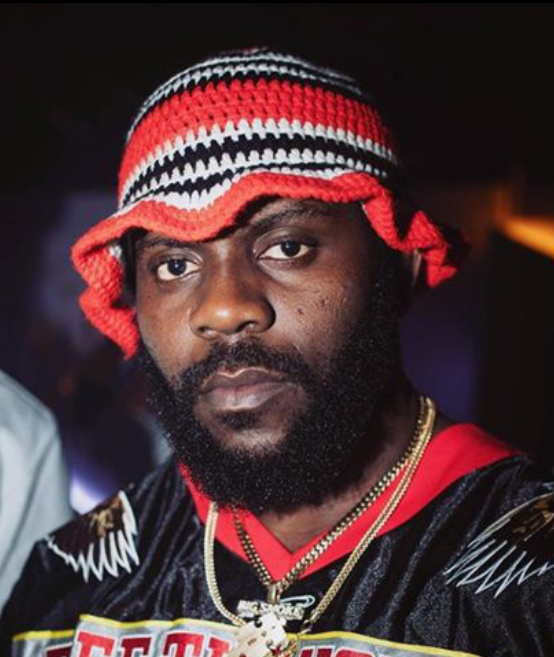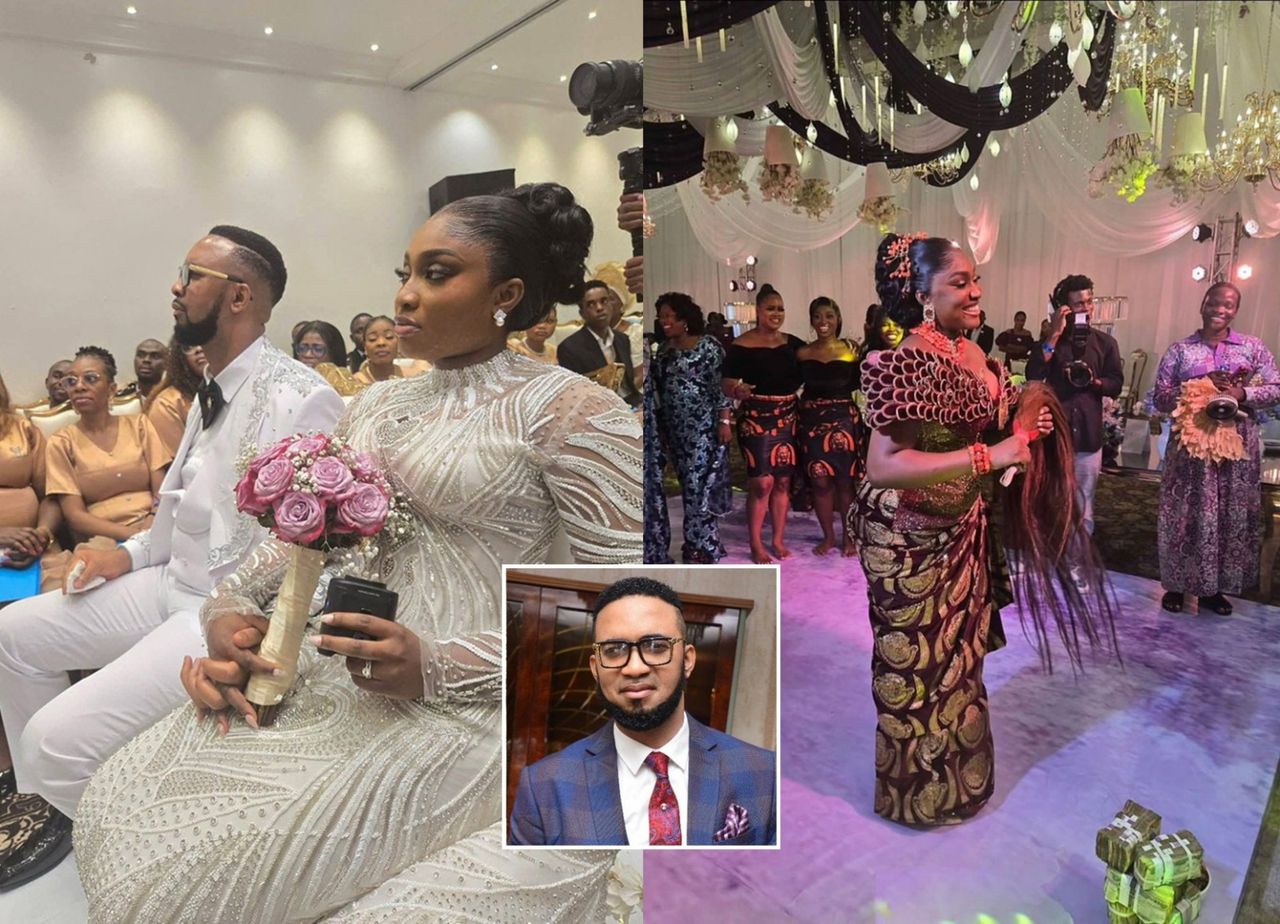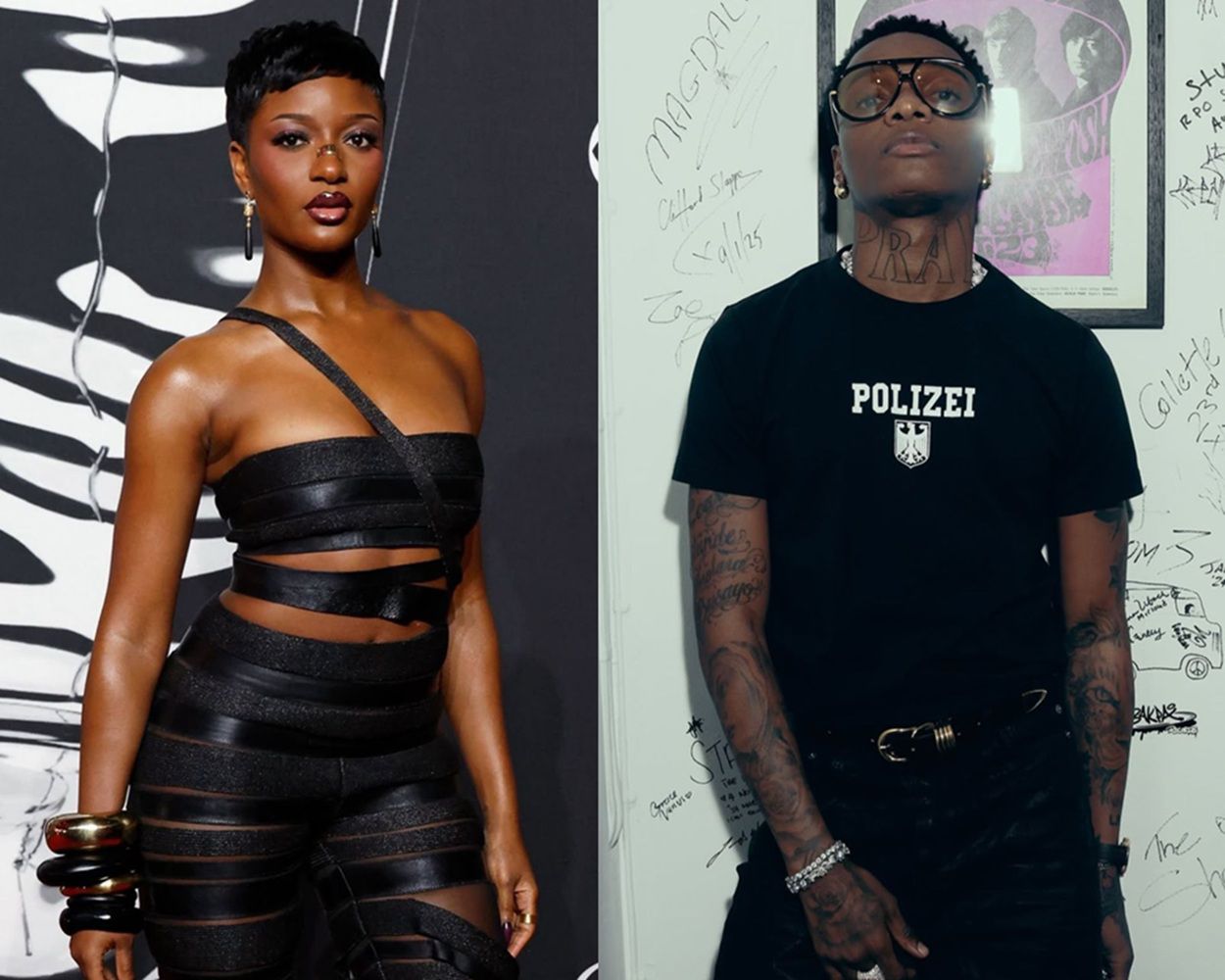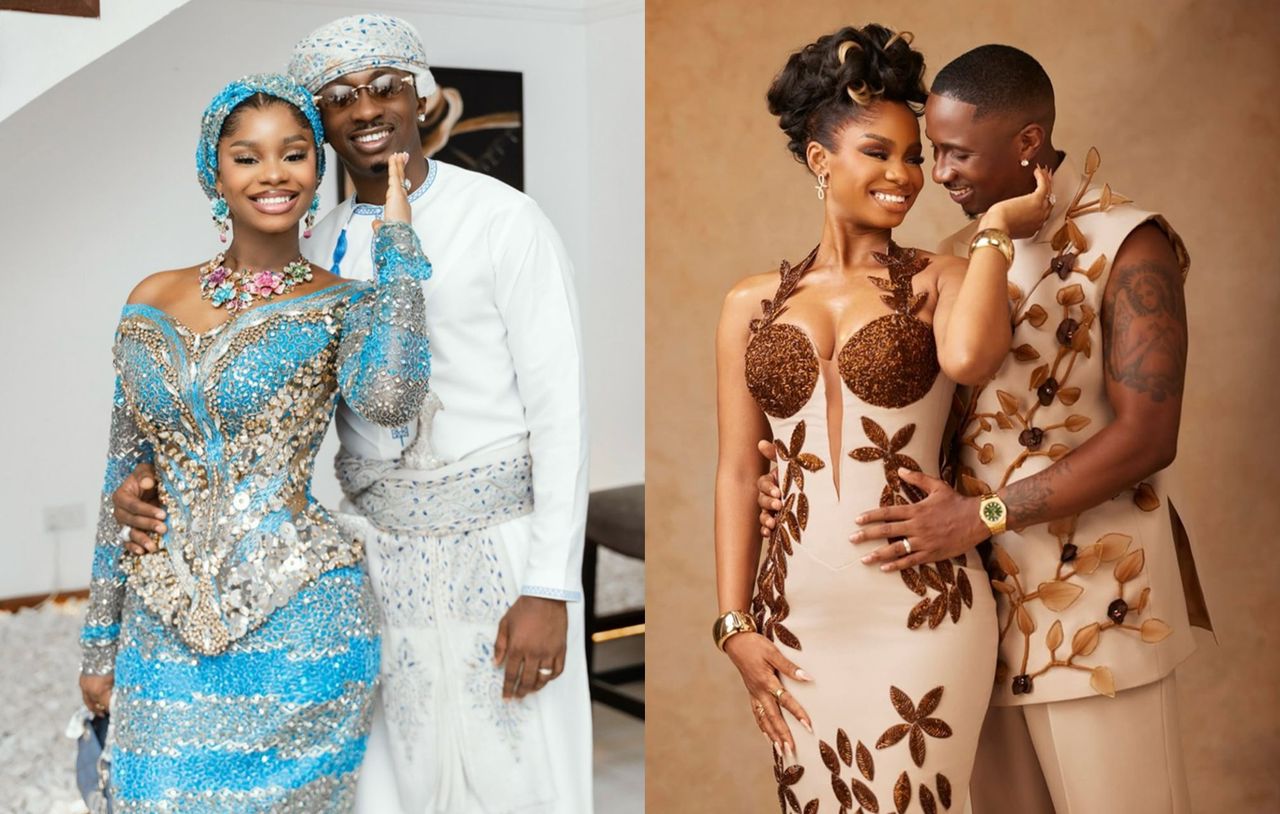
Odumodublvck Fires Back at Troll Who Disrespected Pastor Adeboye: “You Go Just Dey Talk Anything”

In a striking display of loyalty and social media bravado, Nigerian rapper Odumodublvck has called out a social media user who made a controversial comment about Pastor Enoch Adeboye, the General Overseer of the Redeemed Christian Church of God. The incident, which unfolded on Twitter, quickly caught the attention of fans and critics alike, sparking conversations about respect, religious influence, and the role of public figures in Nigerian social media discourse.
It all started when a post emerged announcing that Pastor Adeboye would be leading special prayers for unmarried Nigerian youths. The initiative, intended to offer spiritual guidance and hope for many young Nigerians struggling with issues such as employment and marriage, was met with a dismissive remark from a Twitter user. The user, Duke of Africa (@Alezamani), wrote: “Nigerian youths are unable to get married because there's no damn job Oga. Call Tinubu to order and forget prayers!”
The tweet, which immediately went viral, drew mixed reactions. Some users agreed with the sentiment, pointing out the harsh economic realities facing Nigerian youths today. According to recent statistics, youth unemployment in Nigeria remains one of the highest in the world, with millions struggling to find stable jobs, let alone consider marriage or other traditional life milestones. Critics argued that while prayers and spiritual guidance are important, practical interventions, such as job creation and economic reforms, are critical for the youth.
However, not everyone was impressed with the flippant dismissal of Pastor Adeboye’s spiritual initiative. Odumodublvck, known for his energetic persona and sharp social media presence, stepped in to defend the revered pastor. The rapper, whose real name is Bunmi Ajayi, tweeted in response: “YOU NO FIT FOLLOW YOUR UNCLE TALK LIKE TALK LESS OF YOUR PAPA. UNA GO JUST DEY TALK ANYTHING ANYTHING.” The message, written in a mix of pidgin English and Nigerian slang, roughly translates to a warning against disrespecting elders and spiritual leaders.
Odumodublvck’s intervention highlights a growing trend in Nigerian celebrity culture, where entertainers not only produce music and content but also actively participate in social commentary. In recent years, many Nigerian artists have used social media platforms to speak out on political issues, social injustice, and cultural matters. Odumodublvck’s defense of Pastor Adeboye is consistent with this trend, reflecting a broader societal expectation that public figures should protect and uphold the values of respected institutions and leaders.
The reaction to Odumodublvck’s tweet was swift. Fans and followers praised the rapper for standing up for Pastor Adeboye, describing his response as “timely” and “necessary.” Many noted that respect for elders and religious leaders is deeply embedded in Nigerian culture, and that social media users should exercise caution before making irreverent comments. Others, however, critiqued the rapper’s tone, arguing that social media thrives on free speech and that everyone is entitled to express frustration about systemic issues like unemployment and economic stagnation.
This clash between social media free speech and cultural respect underscores the delicate balance that public figures must navigate in Nigeria. While fans often look to celebrities for entertainment, guidance, and moral direction, these same celebrities are constantly under scrutiny for how they respond to criticism or controversy. Odumodublvck’s bold response demonstrates a calculated approach to online engagement: defend your values while keeping the conversation amplified and visible.
Interestingly, the discourse also sheds light on the broader conversation about the role of religion in contemporary Nigerian society. Pastor Adeboye, often affectionately referred to as “Daddy G.O.” by followers, is a figure whose influence transcends spiritual boundaries. His initiatives, including special prayers for various demographics, often make headlines and generate significant public interest. Critics, like Duke of Africa, argue that while spiritual guidance is valuable, practical government intervention is essential for addressing systemic problems. Proponents, including Odumodublvck, view dismissive comments as disrespectful, failing to recognize the spiritual solace and moral direction that religious leaders provide.
The incident also sparked a wave of memes, retweets, and online debates, reflecting the virality of such exchanges in Nigerian digital culture. Social media analysts note that moments like these serve as both entertainment and cultural commentary, illustrating how digital platforms have become spaces for negotiating morality, respect, and societal expectations. Odumodublvck’s tweet, in particular, was praised for its combination of humor, firmness, and cultural authenticity.
Beyond the social media frenzy, the event raises important questions about the intersection of religion, youth frustration, and celebrity influence. With unemployment rates high and economic opportunities limited, Nigerian youths often turn to humor, sarcasm, or outspoken critiques as coping mechanisms. The backlash against Duke of Africa’s comment highlights the tension between this frustration and traditional societal norms that emphasize respect for elders and religious authority. Odumodublvck’s stance reflects a defense of those norms, signaling to followers that while it is acceptable to question, outright disrespect crosses a line.
Furthermore, the rapper’s intervention may have broader implications for how Nigerian celebrities engage with social issues. In a society where public figures hold significant sway over public opinion, Odumodublvck’s approach could inspire other artists to use their platforms not just for entertainment, but for cultural and moral advocacy. While some critics may view such interventions as performative or opportunistic, supporters see them as a positive contribution to reinforcing respect and shared values in a rapidly changing social landscape.
As the debate continues, it is clear that social media in Nigeria remains a battleground for ideas, values, and generational perspectives. The incident involving Odumodublvck, Duke of Africa, and Pastor Adeboye underscores the powerful role of digital platforms in shaping public discourse. Whether it is through humor, critique, or defense, social media has become a mirror reflecting the hopes, frustrations, and expectations of Nigerians from all walks of life.
Ultimately, the exchange serves as a reminder of the influence of both religious and cultural authority in Nigerian society, and how public figures navigate these complex dynamics. Odumodublvck’s response is a testament to the power of voice and visibility in the digital age. His stand on the matter reinforces the notion that respect is not merely a social courtesy but a cultural imperative, particularly when it comes to figures who command moral and spiritual authority.
In a nation where social media interactions can escalate into national conversations within hours, this incident will likely be remembered as another example of how Nigerian celebrities shape dialogue and set boundaries for online conduct. Odumodublvck’s assertive defense of Pastor Adeboye may have ruffled feathers, but it also highlighted a crucial lesson: in a world of instant opinions and viral commentary, some lines—especially those involving respect for elders and spiritual leaders—remain sacrosanct.
As the debate continues, one thing is clear: Odumodublvck has made his stance known, and for many fans, he has reinforced an essential truth about Nigerian culture—respect is not optional, and some voices, particularly those that guide millions spiritually, deserve deference, even in the fast-paced, unfiltered world of social media.


